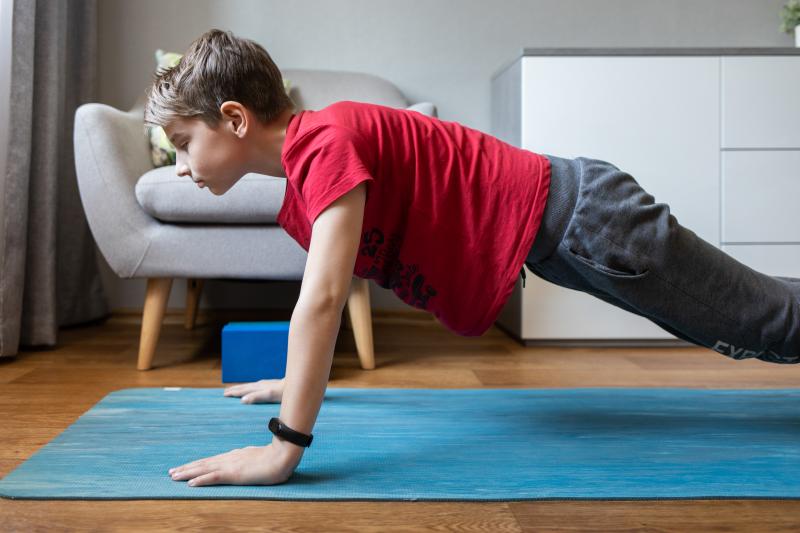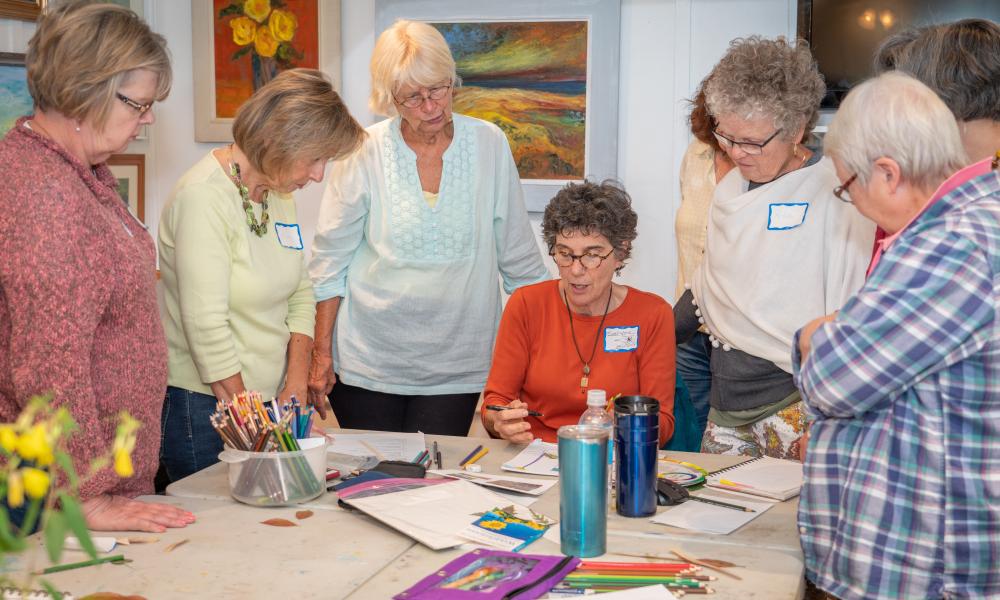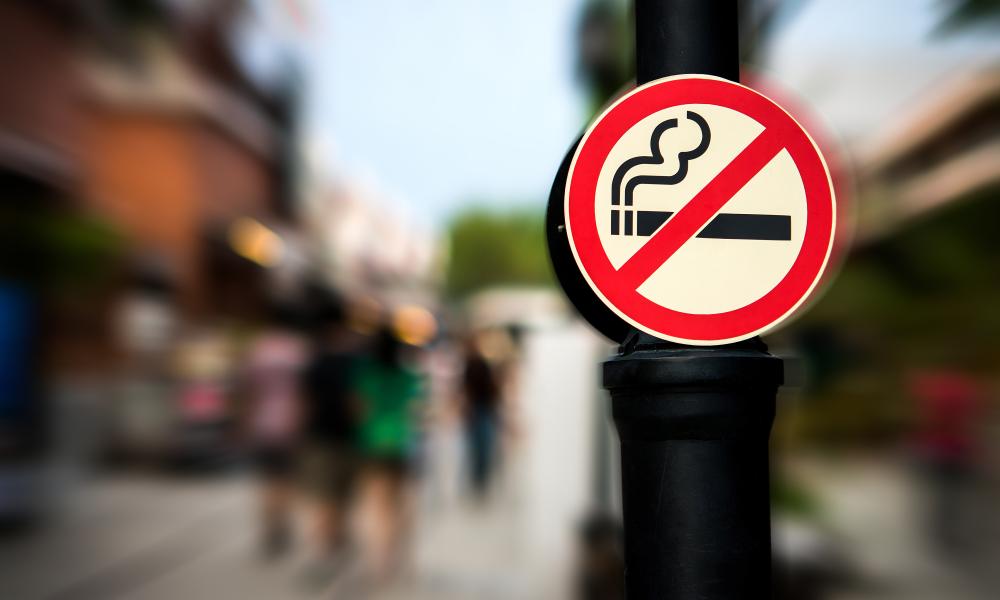
With schools currently closed, Active School Week has been replaced with Active Home Week. Dr Helen McAvoy from the Institute of Public Health explores the challenges and opportunities for empowering children to be physically active during the Covid-19 pandemic.
Physical distancing and physical activity
Globally around 290 million children are not in school due to the Covid-19 pandemic. Ireland’s schools closed their doors on 12 March, with schools in Northern Ireland shortly after. This unprecedented change for children, parents and the education sector may have significant impacts on children’s health as well as their education. The opportunities for physical activity and social interaction provided by the walk to school, PE and school/extracurricular sports have evaporated overnight. State and community infrastructure for supporting the physical activity of children became suddenly redundant. But these systems are now mobilising and adapting. Can the situation bring opportunities as well as challenges in the promotion of active childhoods?
How active are our children?
On the island of Ireland just 17% of primary school children meet the governments physical activity guidelines. These guidelines advise that children engage in at least 60 minutes of moderate or vigorous physical activity every day to stay healthy. This kind of activity makes your heart and lungs work harder than they normally have to, and is usually considered to be a fast walk or jogging, running or cycling.
There are some worrying trends evident on the island of Ireland with fewer children meeting the guidelines now than a decade ago. In addition, findings from the Moving Well Being Well study suggest that children may be taking longer to master fundamental movement skills like running, hopping and catching a ball. A significant proportion of children had not mastered these skills by the age of 10. The authors of that study make it clear that: “At this stage, children could become self-conscious in the company of their peers when participating in physical activities/sports that require these skills, and in turn are likely to disengage, leading to a decrease in physical activity”.
Active at home
As Active Home Week launches this week, I spoke with Karen Cotter, co-ordinator of Ireland’s Active School Flag programme. Karen and I worked together on transferring the Irish Active School Flag into four schools in Lombardy, sadly one of the hardest hit areas of the COVID pandemic.
Karen emphasised the real challenge for those children “lacking a garden, or access to green space…and those living in less supportive home environments”.
She also expressed a genuine hope that the time out of school would bring previously disengaged children to build physical activity into their daily lives in new ways. She believes that the sports, fitness and health promotion sectors are now being stimulated to think differently and beyond Covid-19 this could open up new ways of working together.
New innovations in promotion of physical activity might provide some benefit in the long term if they deliver a more inclusive interface for children to get active. Some children might never have the confidence or opportunity to walk onto a pitch or dive into a swimming pool, but they might just take to a skills or fitness challenge far away from the judgement of their peers.
A child’s back yard or bedroom can now become that “judgement free zone” to take the tentative early steps on a fitness journey. Safe spaces may now emerge for those children whose confidence has been burned by negative experiences of organised sports. For children and teens struggling with a negative body image and/or extra body weight, online classes mean that you can watch anyone you like, without giving a hoot about anyone watching you.
Diverse faces and styles of online fitness
It is a shift for children to see their sporting heroes modelling training instead of always seeing them competing or photographed with medals. This modelling may lay the groundwork for consistent and habitual physical activity and encourage goal setting at the level of the child rather than at the level of the classroom. The ‘win’ is being subtly reframed as completing the activity on your own terms rather than in competition with someone else.
Whether its Katie Taylors speech-free workouts, the super chatty style of Joe Wickes or the FAI training camp, the faces and styles of online supports for fitness have never been so diverse and the recruitment of celebrity so important.
Online supports aside, there are new opportunities for families to use the time together to build up fundamental movement skills, throwing a ball inside or kicking a ball. It is a unique time to use the extra time together to make physical activity habitual, fun and part of the family routine.
No-one said this better than Dr Sarah-Jane Belton in a recent piece on RTE brainstorm:
“In the context of the current crisis, the huge benefits to you and your child’s physical health may almost be considered secondary. Rather than seeing this as a chore, let’s see it as an amazing opportunity to develop a positive physical activity relationship with our child, something that may well live and flourish long past the current crises”.


